My daughter is in Year 3 and had to choose a topic to write a three-minute speech on from a list of Australian history questions on topics such as the suffragettes, convicts, WWII and the Aboriginals. She choose ‘What has changed in Aboriginal’s history over the past 200 years?’.
Given she has heard numerous conversations on Aboriginals in our household over the last few weeks, I am proud of what she has picked up on the history of the Aboriginals at school and at home and know that when I was growing up, I did not have the same knowledge, views or experiences of British Colonisation or Aboriginals.
Through the eyes of a 9 year old, here is her speech on how Aboriginals lives have changed since 1788.
There have been many changes to the Aboriginal history in Australian in the past 200 years.
Before James Cook discovered the East coast of Australia in 1788 and the British colonized Australia, Aboriginal people had been living in Australia for about 50,000 years and there were an estimated 750,000 Aboriginals living here.
Within weeks of British colonization, a wave of European diseases such as chickenpox, smallpox, influenza and measles spread throughout the Aboriginal population. It is thought that Smallpox alone killed 50 % of all Aboriginals.
The British settlers also drove Aboriginals off their land to use it for farming or grazing in the frontier wars. Thousands of Aboriginals and white people were killed. This meant Aboriginals didn’t have access to food or water or the deep cultural connection to their land. By the 1870s most Aboriginals had been forced off their fertile land and into missions.
British settlers also bought in alcohol, opium and tobacco, which was bad for the Aboriginals and caused violence among them. Disease, loss of land and direct violence reduced the Aboriginal population by an estimated 90% between 1788 and 1900.
In 1901, the Australian constitution was written without mention of the Aboriginals. They were not allowed to vote or be counted in the census, which is the number of people in Australia. It was thought there were only between 50,000 and 90,000 Aboriginals in Australia at this time.
From 1910 til about 1970, Aboriginal children were taken from their mothers and put into white families so they would be bought up as white Australian’s. This was called the Stolen Generation. But they obviously can’t change their colour or culture and this did not work. Many Aboriginal families were very upset.
In 1962, all Aboriginals were given the right to vote in Commonwealth elections. But disease and access to education and health were still very poor in many areas.
In 1967, a referendum was passed in Australia for Aboriginals to be included in the count of parliament representation.
My great uncle was the Victorian Aboriginal Affairs Minister around this time and fought very hard to win this vote. He also was the Director of Abschol, which helped put the first Aboriginal people through university including Charles Perkins, who is a famous Aboriginal.
There were lots of changes to land rights during this time and some Aboriginal people were given back their land.
In 2008 Prime Minister Kevin Rudd said sorry to the Aboriginal people for the stolen generation.
My mum is working with Aboriginal people and met the AFL footballer Adam Goodes last week to help them to be recognized in the Australian constitution.
Aboriginal people still have very poor access to education, health care services and have high rates of babies die when they are born. Alcohol and drugs are still a problem in many communities.
I want Aboriginal people have a better education and I want to help them to do this by becoming a teacher. How can you help the Aboriginal people?
Thank you for listening to my speech on the changes in Australian Aboriginal history over the past 200 years.
I am proud of my daughter.
For me, after a shaky start with encounters with Aboriginal people in the small country town I grew up in, it was a revelation and honour last week to work with Adam Goodes and human rights advocate, Fred Chaney. Although a white man, Fred has campaigned for almost 55 years to close the gap of inequality. We held an event ‘We Want Recognition’ to again ignite the debate across Australian to have Aboriginals recognized in the Constitution and any mention of race removed. Adam was an eloquent, engaged and genuine speaker in front of some 200 people including many of Australia’s toughest media critiques.
To quote Australian of the Year 2014 and AFL superstar Adam Goodes;
“I hope that future generations of Australians will grow up learning about the rich and impressive first cultures of our country – and constitutional recognition is part of achieving that.”
We have come a fair way as a nation, but maybe our children’s generation will be the one’s who ensure Aboriginals and Torres Strait Islanders are recognized as the first peoples of our nation and finally close the gap on inequality?



![‘They are not just playing’ – The Importance of Play Based Learning in Early Childhood [Guest Post]](http://annapartridge.com/wp-content/uploads/2015/03/the-imporance-of-play-150x150.jpg)
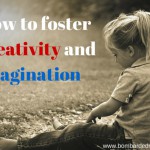
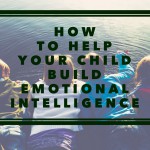
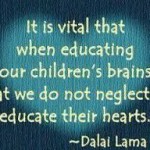
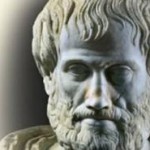
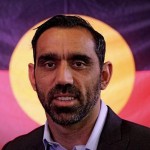
Sorry, comments are closed for this post.